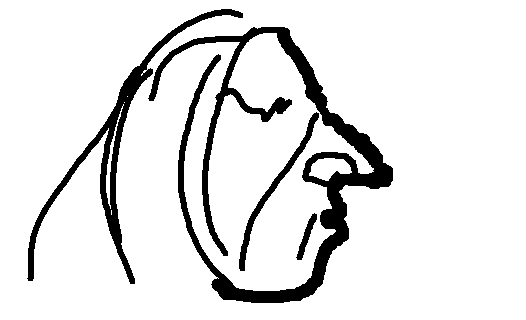I’ve found myself getting more and more interested in economics recently, and defending this interest somewhat sheepishly. Why is that? Up till recently I rather looked down on economics, mainly because it can’t really predict anything, and when it can its predictions seem very obvious (involving supply and demand curves of a maximum of two goods at once). And besides, it has to do with money, and everyone knows talking about money is boring and low status.
When I was young and even more stupid than now I was most of all interested in philosophy. The way I saw it, everything else came out of logic, which came out of philosophy, so I should certainly cover philosophy before getting to anything else. I did get a big kick out of some things, like the question of free will, utilitarianism, Mill’s concept of liberty, Kant’s ethics, Rawls’ justice, the recognition of some important fallacies and reasoning principles (no ought from is, no is from ought, Occam’s razor) and most of all, Wittgenstein’s linguistic solutions to philosophical problems (my term). And of course I’m still very interested in what you might call practical epistemology (thinking about the best way to get an accurate understanding of reality). Also, the craziness of what some people think about metaphysics has great entertainment value.
But none of those things have a great revelatory effect on most people, perhaps because they sound like opinions. They also don’t have much predictive power (except the reasoning guidelines, occasionally). Sounds like another discipline I know…
By the way, my interest in philosophy was finally quenched by being acquainted with contemporary writings in the field of environmental aesthetics (I believe the rest of philosophy is similar). Partly it’s a self-generating field: essays rebut other essays which claim that philosopher X believed Y, and once you’ve written enough, you can become philosopher Z whose opinions will be the topic of further “study”. Partly it’s a craft: an essay might consist of the careful application of someone’s theory to some practical issue or piece of art, some “surprising” result comes out and overall the essay is a pleasant thing to read, but it’s difficult to say what exactly has been discovered. There’s value in it, but there are seldom any actual discoveries. I don’t reject it, but I wanted (at that time in my life at least) something else.
So in short, I think I’m willing to give economics a break on the grounds that I gave one to philosophy. Economics deals with some difficult questions and comes up with numerous different but plausible solutions – and to be fair, some of it is already fairly well settled (which is not to say that politicians accept even the settled part, for some reason). I think it will be a lot of fun to learn.



